Chavez agrees to change spy law
Venezuelan President Hugo Chavez has said he will amend a controversial new law that would have required people to co-operate with intelligence agencies.
Sunday, 08.06.2008.
09:52

Venezuelan President Hugo Chavez has said he will amend a controversial new law that would have required people to co-operate with intelligence agencies. Critics have compared the law to one in Cuba where informant networks operate to safeguard the communist government. Chavez agrees to change spy law The dramatic U-turn came as thousands protested against a separate government move to bar some opposition candidates from standing for election. Protestors believe the government is cracking down on non-supporters. They are furious that a top Venezuelan anti-corruption official unveiled a blacklist that could be used to bar key opposition candidates from running in upcoming elections. Of the names on the blacklist of those under investigation for corruption, 80% are opposition members. Those affected all say they have done nothing wrong and maintain the accusations are politically motivated. The marchers were also denouncing the new law that Chavez has now agreed to alter. The law detailed sweeping changes to Venezuela's intelligence services that would have obliged citizens to provide information on anyone the authorities considered a threat to national security. Human-rights activists and lawyers said the law breached the constitution. They also expressed concern that basic rights would be denied to suspects as well as access to information. But Chavez says he has listened to his critics who he said were right about some elements of the law. He even referred to the coup he led when he was a soldier, several years before he became President. "Then I had the right to silence," he said. "And that continues. No one will be forced to say anything they don't want to."
Chavez agrees to change spy law
The dramatic U-turn came as thousands protested against a separate government move to bar some opposition candidates from standing for election.Protestors believe the government is cracking down on non-supporters.
They are furious that a top Venezuelan anti-corruption official unveiled a blacklist that could be used to bar key opposition candidates from running in upcoming elections.
Of the names on the blacklist of those under investigation for corruption, 80% are opposition members.
Those affected all say they have done nothing wrong and maintain the accusations are politically motivated.
The marchers were also denouncing the new law that Chavez has now agreed to alter.
The law detailed sweeping changes to Venezuela's intelligence services that would have obliged citizens to provide information on anyone the authorities considered a threat to national security.
Human-rights activists and lawyers said the law breached the constitution.
They also expressed concern that basic rights would be denied to suspects as well as access to information.
But Chavez says he has listened to his critics who he said were right about some elements of the law.
He even referred to the coup he led when he was a soldier, several years before he became President.
"Then I had the right to silence," he said. "And that continues. No one will be forced to say anything they don't want to."






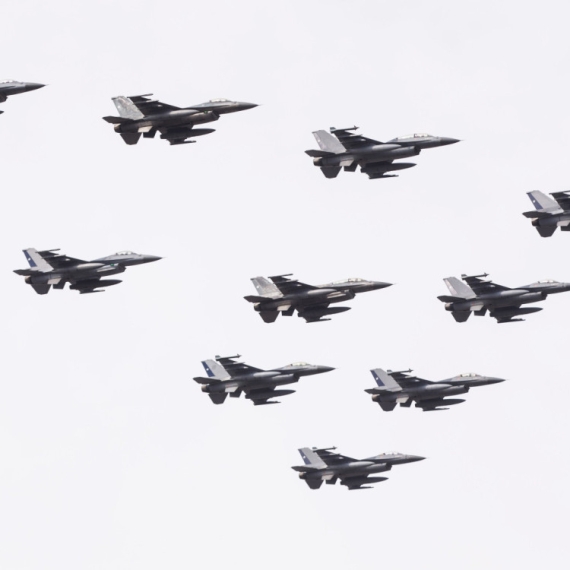



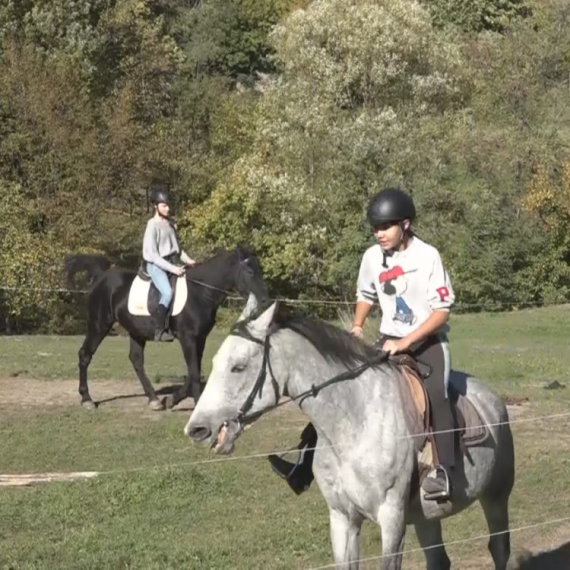
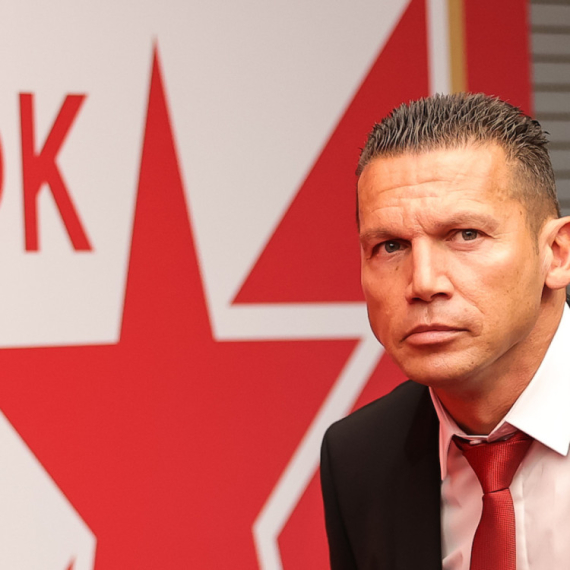
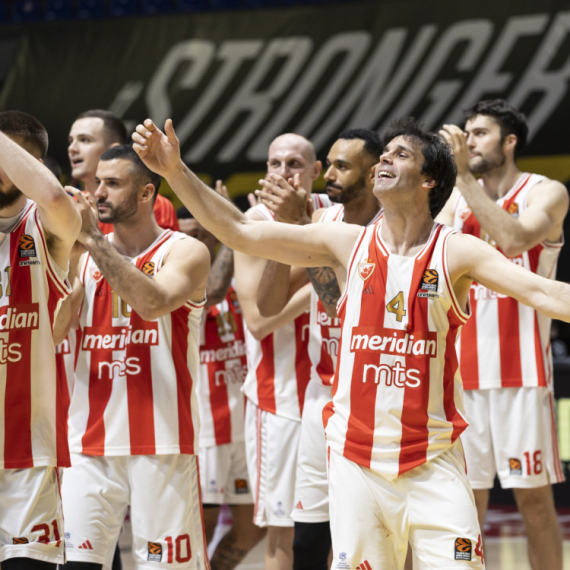

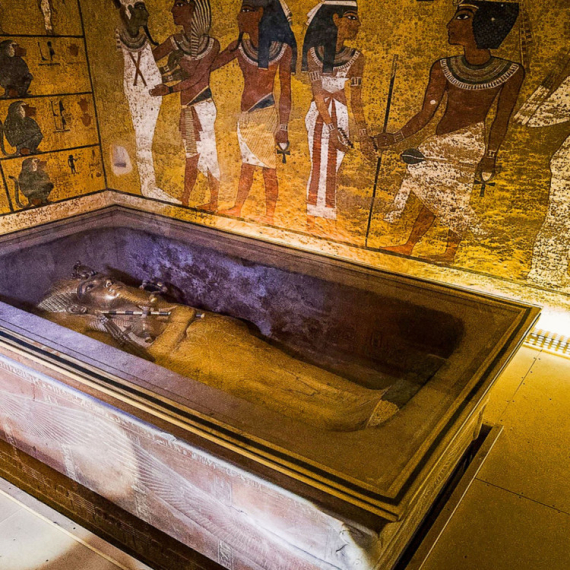

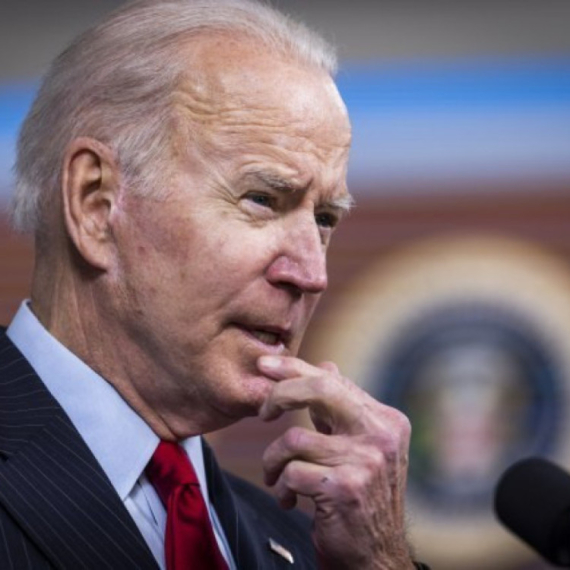
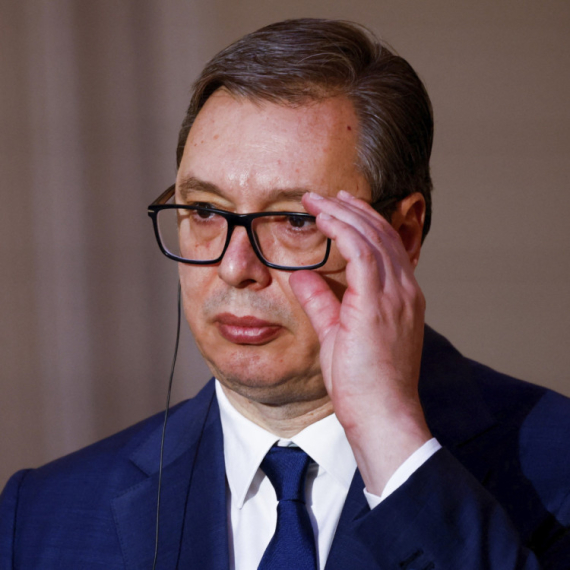
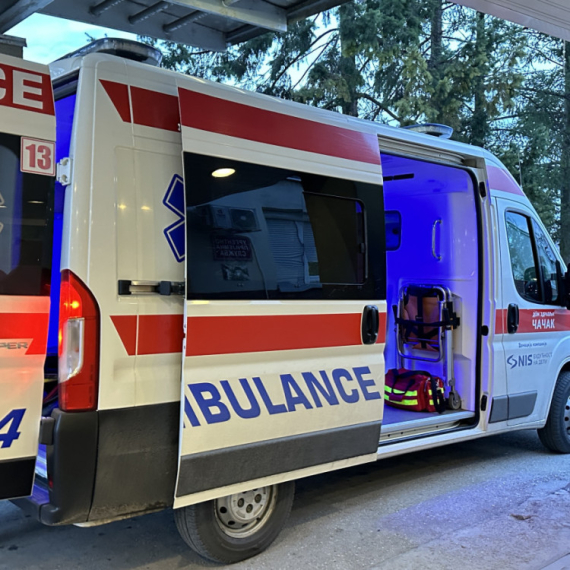

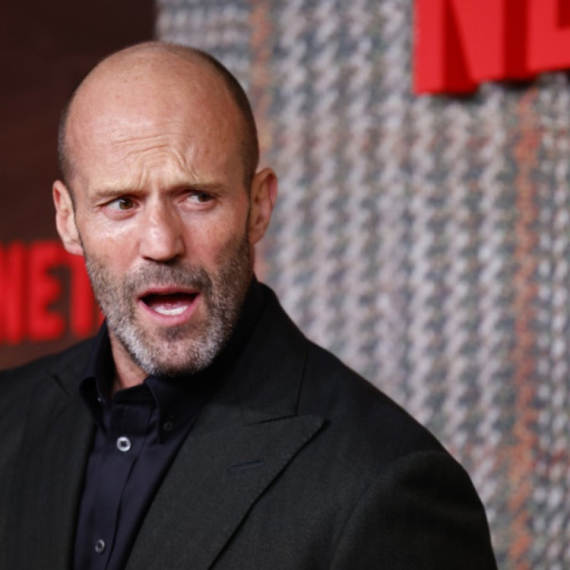
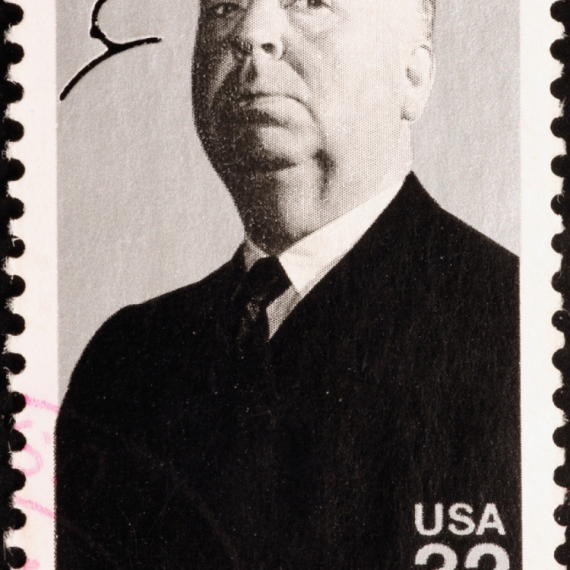
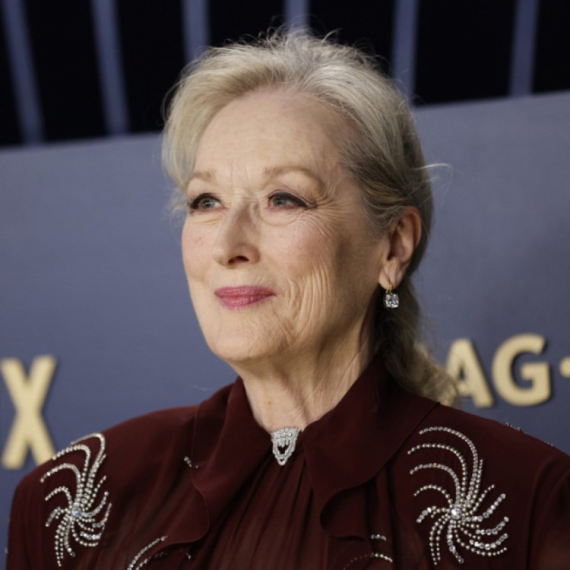




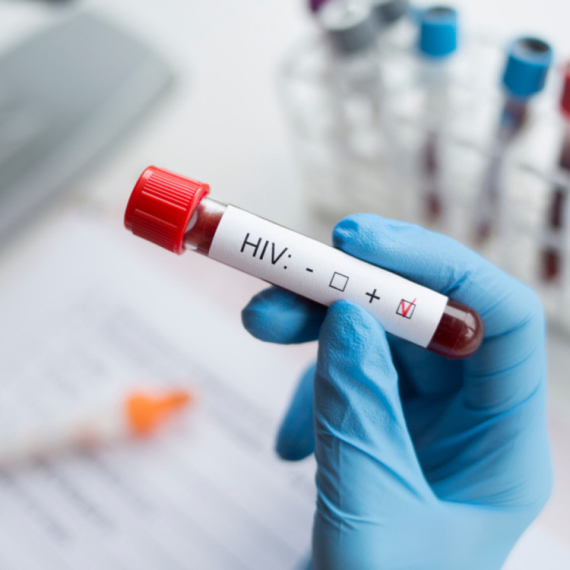






Komentari 0